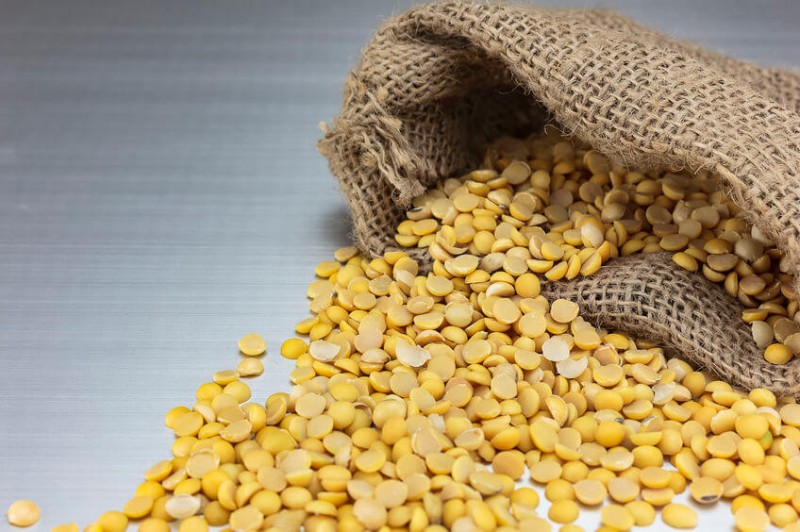Is plant protein better for your heart?
There is a major shift in how people are viewing their diet. More people are adopting Mediterranean diets with emphasis on vegetable and fruits. A large part of this interest in plant-based diet is for the prevention of cardiovascular disease. Plant protein is believed to mediate such prevention through modifying blood lipids. However, the effect of plant protein on blood lipids when it substitutes specific animal protein is unclear.
By replacing one or two servings of animal protein with plant protein every day such as soy, nuts and pulses can reduce the main cholesterol markers by 5 percent.
To assess the effect of this substitution on established lipid targets for the reduction of cardiovascular risk, researchers conducted a systematic review and meta-analysis of 112 randomised controlled trials in which people substituted plant protein for animal protein in their diets for at least 3 weeks. Most of the randomized control trials used soy (plant) proteins to replace dairy (animal) proteins.
The study looked at the impact of replacing animal protein with plant protein in three key markers for cholesterol:
- Low-density lipoprotein cholesterol, also known as LDL or “bad” cholesterol, which contributes to build-up of fats in arteries and increases the risk for heart attack, stroke and peripheral artery disease.
- Non-high density lipoprotein cholesterol or non-HDL-C, or total cholesterol minus HDL or healthy/good cholesterol.
- Apolipoprotein B – the proteins in bad cholesterol that clog arteries.
Using the Grading of Recommendations Assessment, Development, and Evaluation system, the review found that plant protein in substitution for animal protein decreased low‐density lipoprotein cholesterol by 0.16 mmol/L, non–high‐density lipoprotein cholesterol by 0.18 mmol/L and apolipoprotein B by 0.05 g/L – indicating that by replacing one or two servings of animal protein with plant protein every day such as soy, nuts and pulses (lentils, chickpeas, dried peas and beans) can reduce the main cholesterol markers by 5 percent.
While this does not sound like a lot, the researchers believe that by making small changes to our predominantly animal protein based diet, we can achieve many benefits from plant proteins for our heart health including the lowering of cholesterol.
Source: Journal of the American Heart Association








